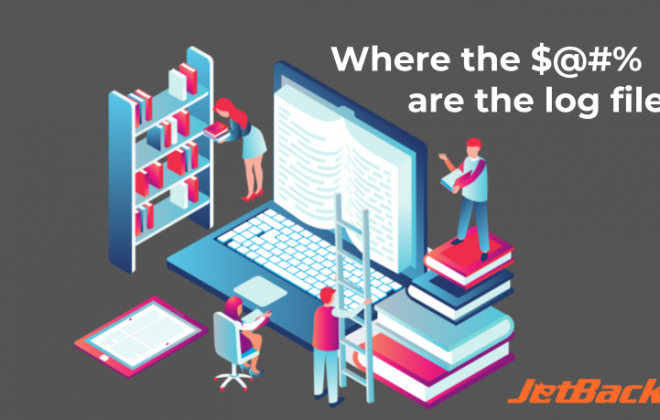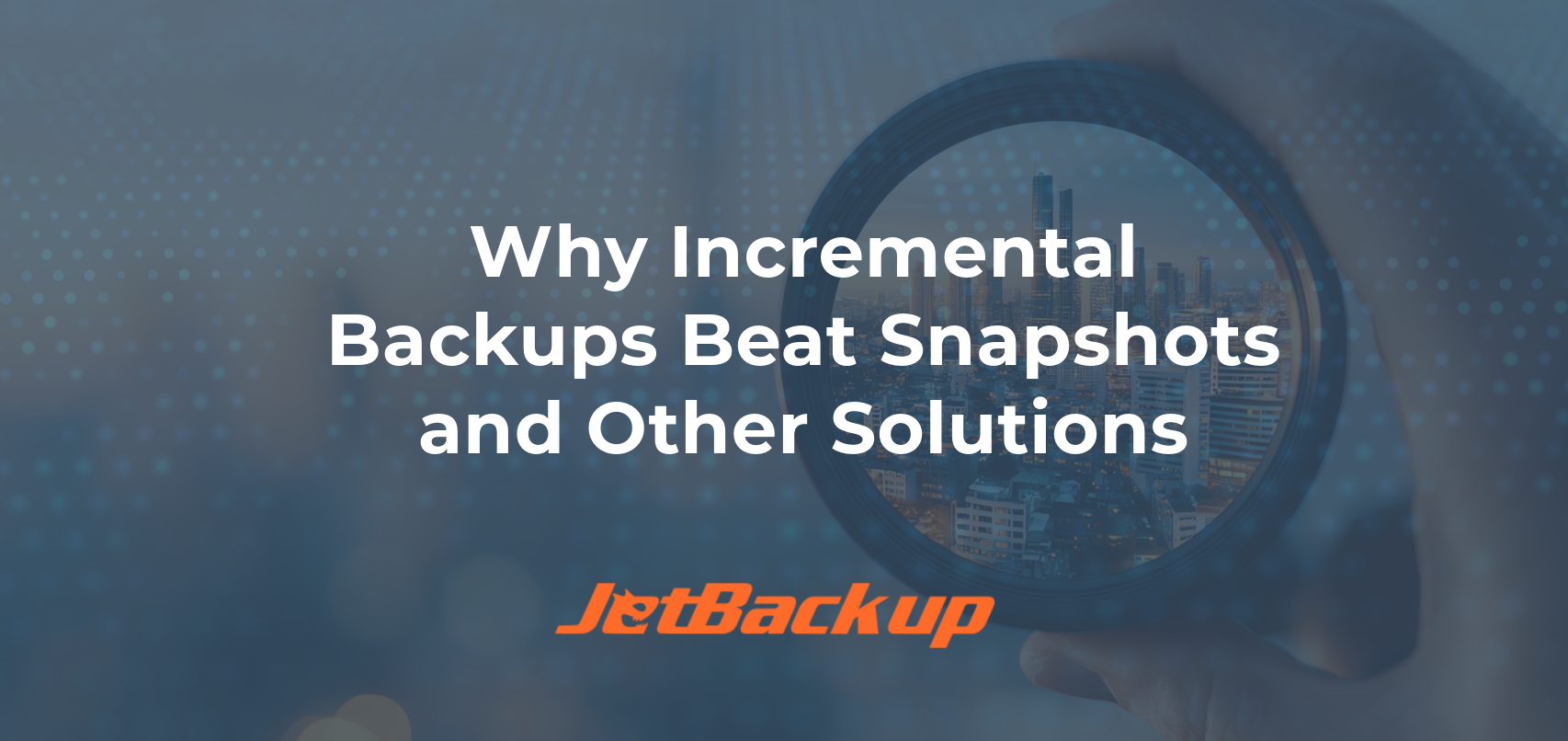Building Customer Confidence with Backup Solutions
Trust is an invaluable currency within the market of website hosting services. Clients expect their host to manage and protect critical data, keep it safe, retrievable, and shielded from loss. Clear backup policies are a must to build that trust.
The Importance of Transparent Backup Policies
A backup policy stipulates which data is backed up, when, the retention time, and how the backup can be restored. When users do not own their backups, they can be concerned about the security and accessibility of their data. With reasonable and transparent policies, these fears are relieved to some extent due to expectation settings. These should include how data is secured and what can be done to mitigate damage in a disaster. Such openness helps strengthen credibility and trust between the client and the hosting provider.
The Perks of Self-Service Backups for Hosting Providers
Imagine a case in which a hosting provider makes daily backups, which are always created once every 24 hours. One of the clients, a small e-commerce business, sustained a server failure sixteen hours after the daily backup before his system went down. This means that eight hours of sales data, customer orders, and changes made in the system after the backup were potentially corrupted or lost. Even though the hosting provider has met its daily backup goal, the client is significantly disadvantaged.
With regard to this, a backup performed every 24 hours might not be the ideal strategy. Letting customers establish more aggressive backup schedules and which data to backup would cover the bulk of this issue. How these clients choose when to backup would allow them to recover valuable data without adverse impact to their operations.
This inherently changes the backup procedure from a one-size-fits-all standard to an adjustable protection scheme custom designed for each customer.
Key Backup Privacy and Security Concerns
One pressing topic of concern for backups is encryption. Questions often arise about what type of encryption is used, its strength, and who has access to the decryption keys. Lacking encryption can literally open the doors to major breaches of sensitive information and lead to ransomware attacks.
JetBackup uses AES encryption to secure backups. It allows users to choose between storing their encryption key locally on the server or using a remote encryption key. Thus, JetBackup essentially provides the option for encrypted backups with user-controlled key management.
In addition, there is the issue of who the storage providers are. Clients frequently ask whether those third-party providers are good enough and safe enough or even have the right certificates—GDPR or PCI-DSS Certificates. Trust in these providers is also important for the overall security of the data.
Where the backup servers are physically situated is also a recurrent concern. For certain industries, the geographic location where the data will be stored poses certain restrictions. There are rules that place certain restrictions on where data can be stored, data residency laws which is a country or region, which means that the location of the server is a major consideration in hosting solution selection. This elevates the need for proper and unequivocal changes in client requirements.
JetBackup provides hosting companies with the flexibility of selecting which storage providers to give their clients access to. They can choose from a list of top-tier providers like leading S3 solutions with multiple locations as well as more specialized providers.
Optimized Performance Without Website Impact
JetBackup is a powerful backup solution that aims to maintain system operability without putting a heavy strain on website performance. JetBackup works non-intrusively. Since it can operate outside the constrained web environment, thus minimizing performance impact. Furthermore, JetBackup is designed to use server resources very conservatively so that your server can perform optimally. With this design, JetBackup avoids problems such as database overloads or slowness of the site.
Recovering Data Quickly When It’s Most Crucial
JetBackup’s design allows fast access to backups and permits customers to do restorations on their own. This concept holds up regardless of the source of data loss, such as hardware failures, cyber-attacks, or deletions. The extensive control over additional settings via the “Restore & Download” section found in JetBackup make the restoration process a breeze. Moreover, the ability to “Merge live account data with backup data” grants fundamentally greater flexibility in restoring data. This specifically allows for data from the backup account to be integrated into the existing account while treating the data from the live account as primary data.
Triggering Hooks for Backup Redundancy
JetBackup’s Hook System is a powerful feature which gives the option to add any custom script to the processes. This can turn the backup or restore processes into redundant systems to deal with client blunders. For instance, setting a pre-restore hook, to automatically set a new backup every time before the restoration begins. Such an approach implies that if a client happens to restore a wrong backup or faces some issue in the course of restoration, then he can roll back to the last state with minimum disturbance by erasing it.
Consider yet another possible scenario, which is when pre-backup hooks are used in the real time to confirm data or to prepare system administrators before backup occurs. You may trigger a script that adds a check for unauthorized alterations of large files in advance or in advance notify the team about missing out important files to ensure that everything needed is backed up.
Equally, the post backup hooks may be used to save the backups into different storage providers in order to ensure redundancy. So for example after finishing the backup a script can be created that replicates it into a second S3 provider or to a protected folder in Google Drive so that can be ensured that all the data will be available regardless of a storage failure.
Utilizing these hooks, a hosting service can improve its reliability, earn customer confidence by ensuring that there is a prompt resolution if certain processes are committed in error.
The Financial Effect of Providing JetBackup As an Upselling Strategy
JetBackup’s integration with a hosting provider’s features is more than an upgrade; it is a financial investment opportunity. It provides value to customers and generates more income for hosting providers. A very successful method is offering JetBackup for no extra cost and charging customers only for the volume of data backed up. This model has been employed by some of the leading JetBackup hosting providers and ensures that customer costs align with the services used.
Proven Benefits of the Upsell Model
One of the most advantageous strategies is providing the most basic JetBackup features for free, showcasing the basic features and letting customers experience how the software can help. This method has been employed extensively in the open-source world as a freemium vs. premium model. After using the service, it becomes apparent to the user how useful data backups are and how easy it is to manage them; because of this, users will be much more likley to purchase the premium services.
Sales and profitability increase as customer become more attached to the service. An exemplary illustration of this is the pay-as-you-grow concept that appeals to a vast clientele. The pay-as-you-grow model assists smaller businesses that can’t afford to pay for a large and expensive storage package. At the same time, larger enterprises can spend vast amounts of money on data storage without the hassle of changing providers. The model appeals to all types of businesses, reducing subscriber churn while increasing value to lifetime customers.
Why JetBackup is the Clear Leader in the Web Hosting Backup Space
In modern web hosting, self-service capabilities are incredibly important. With JetBackup, customers have reliable, immediate control over their information. Not only does JetBackup make self-service restorations that are empowering and easy, but by providing full access to backup creation, trust is fostered, the need for support teams is eliminated, and businesses stand out from the competition.
Ultimately, a robust backup policy supported by transparency and customer empowerment strengthens the relationship between hosting providers and their clients. This approach not only reassures customers but also enables them to take an active role in safeguarding their data. By balancing trust, security, and control, hosting providers and clients can collaboratively create resilient, customized backup strategies that mitigate risks and enhance peace of mind.
Subscribe to our newsletter
Get expert backup tips, the latest industry trends, and exclusive updates on all things JetBackup. Be the first to know—delivered straight to your inbox.
Start your FREE trial
of Jetbackup Today!
Get Started Now!
No credit card required.
Install Jetbackup in minutes.
Latest Posts
Categories
Archive
- January 2026
- December 2025
- November 2025
- October 2025
- September 2025
- July 2025
- June 2025
- May 2025
- April 2025
- March 2025
- February 2025
- January 2025
- December 2024
- November 2024
- October 2024
- September 2024
- August 2024
- July 2024
- May 2024
- April 2024
- February 2024
- January 2024
- December 2023
- November 2023
- October 2023
- August 2023
- July 2023
- April 2023
- January 2023
- August 2022
- May 2022
- March 2022
- January 2022
- December 2021
- November 2021
- October 2021
- September 2021
- August 2021
- July 2021
- June 2021
- May 2021
- March 2021
- February 2021
- January 2021
- December 2020
- October 2020
- August 2020
- April 2020
- March 2020
- February 2020
- January 2020
- December 2019
- November 2019
- September 2019
- August 2019
- July 2019
- June 2019
- April 2019
- March 2019
- January 2019
- December 2018
- November 2018
- October 2018
- September 2018
- August 2018
- May 2018
- April 2018
- March 2018
- February 2018
- January 2018
- December 2017
- November 2017





